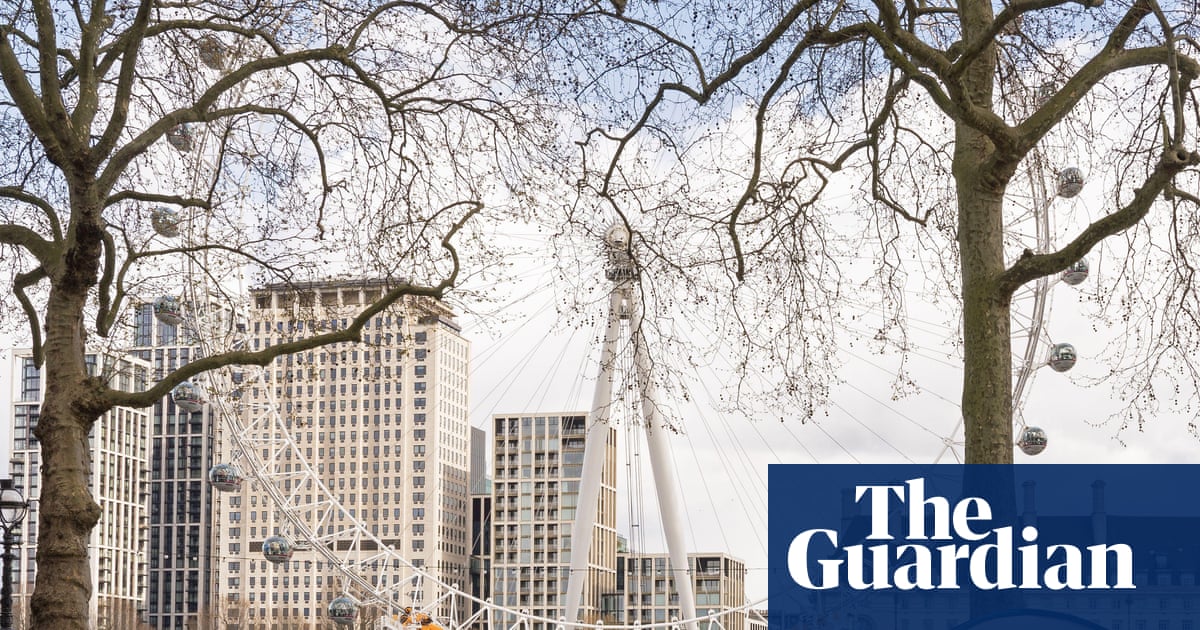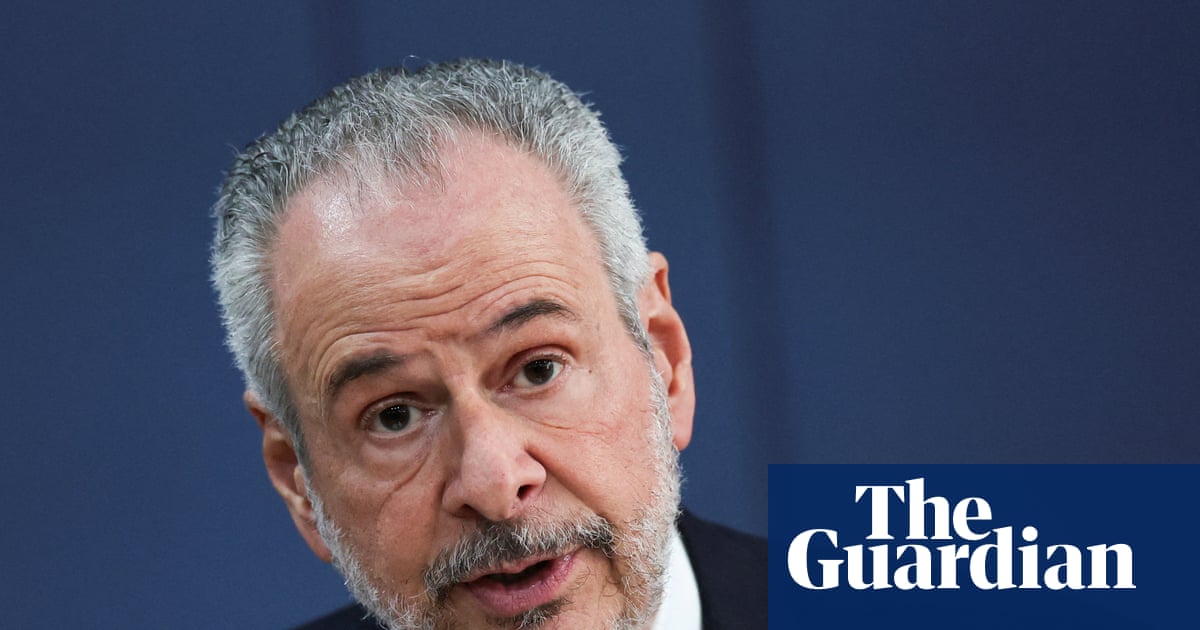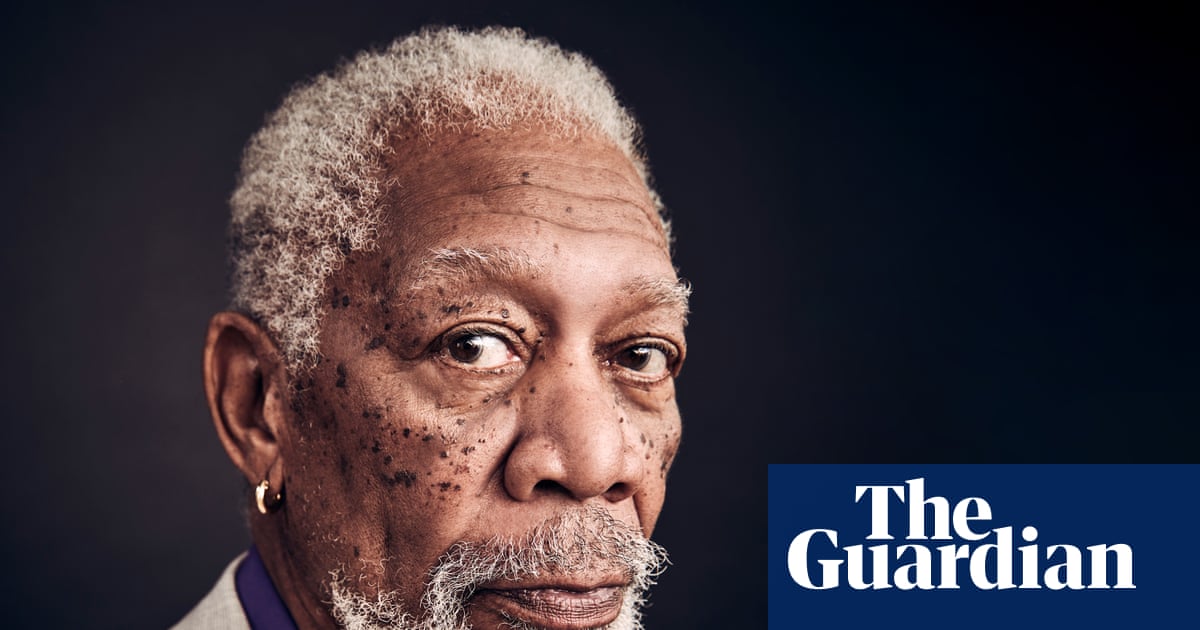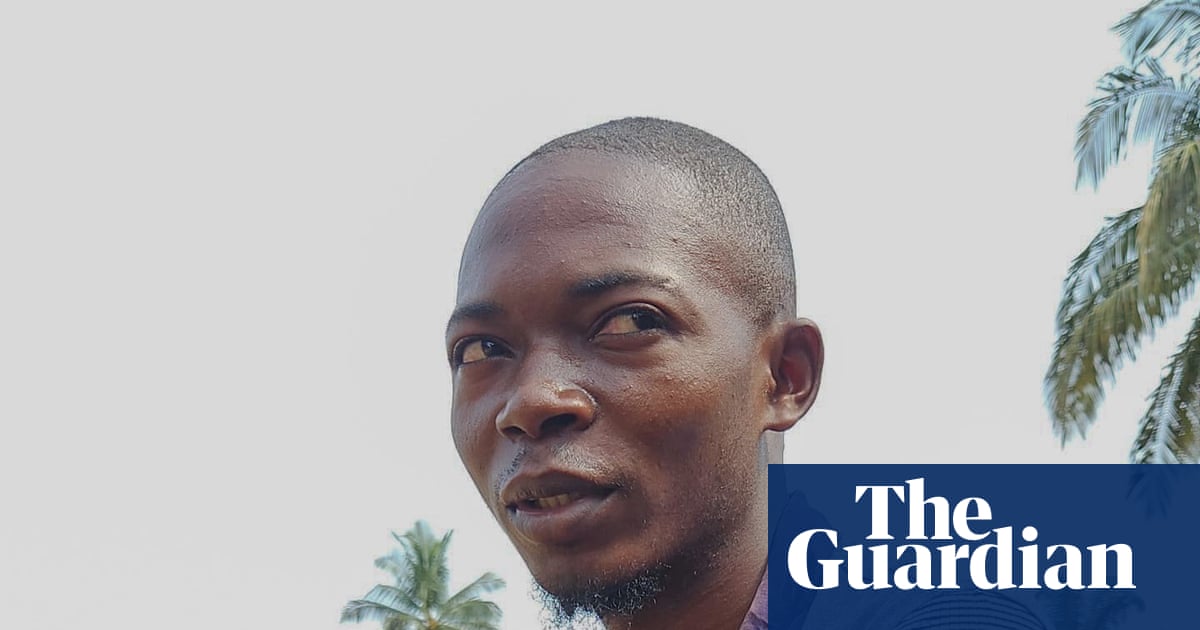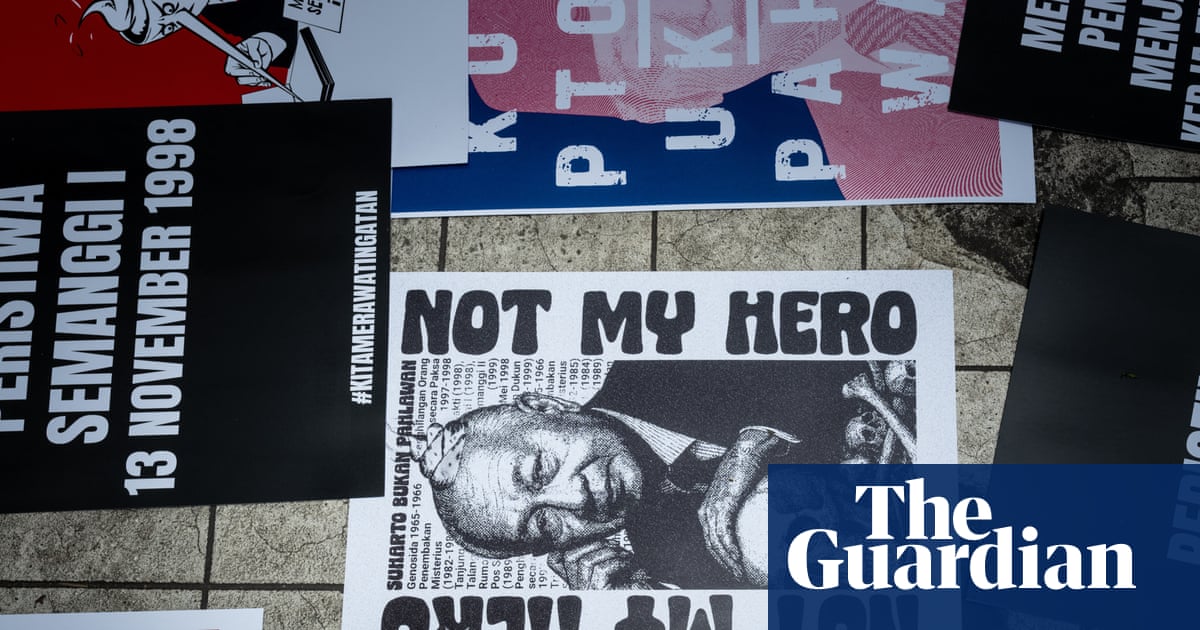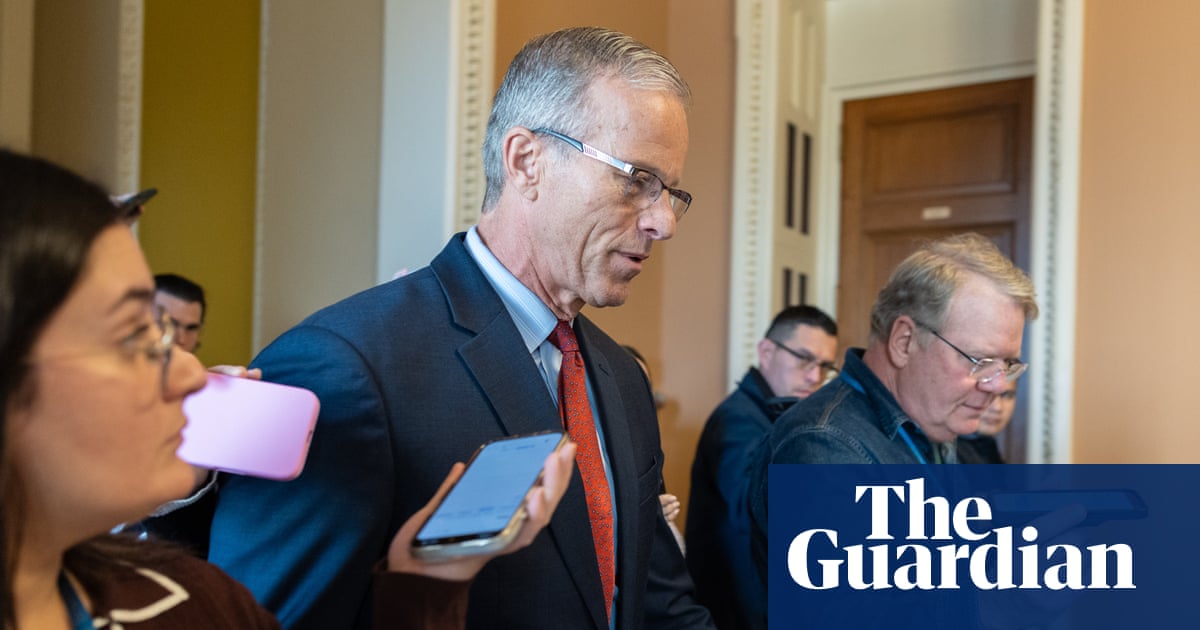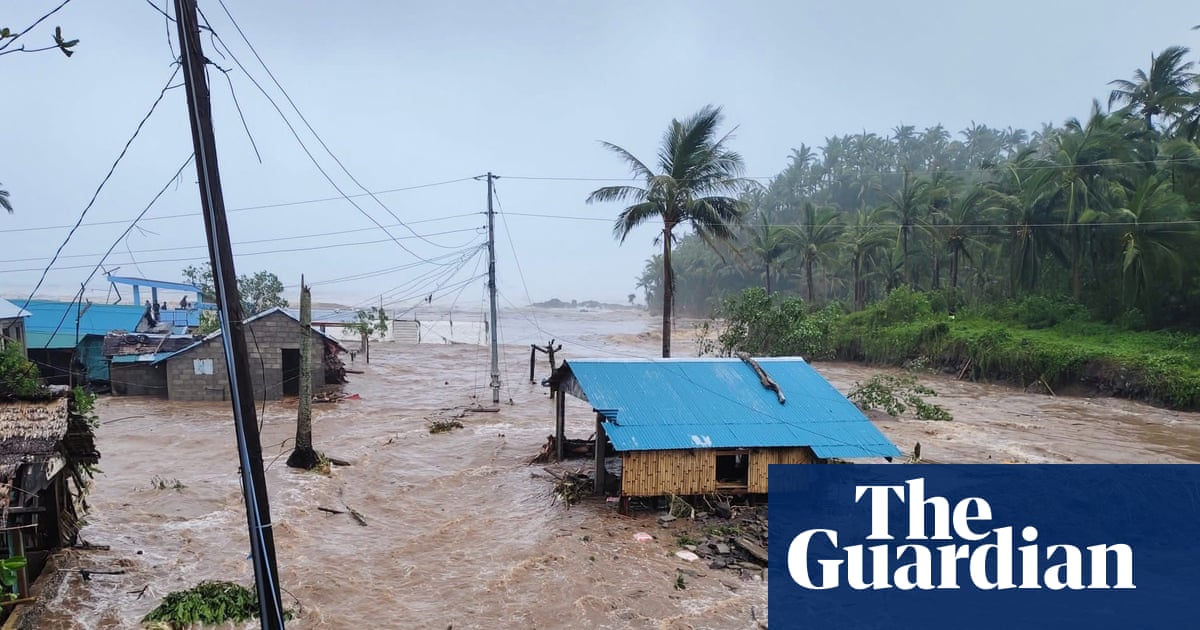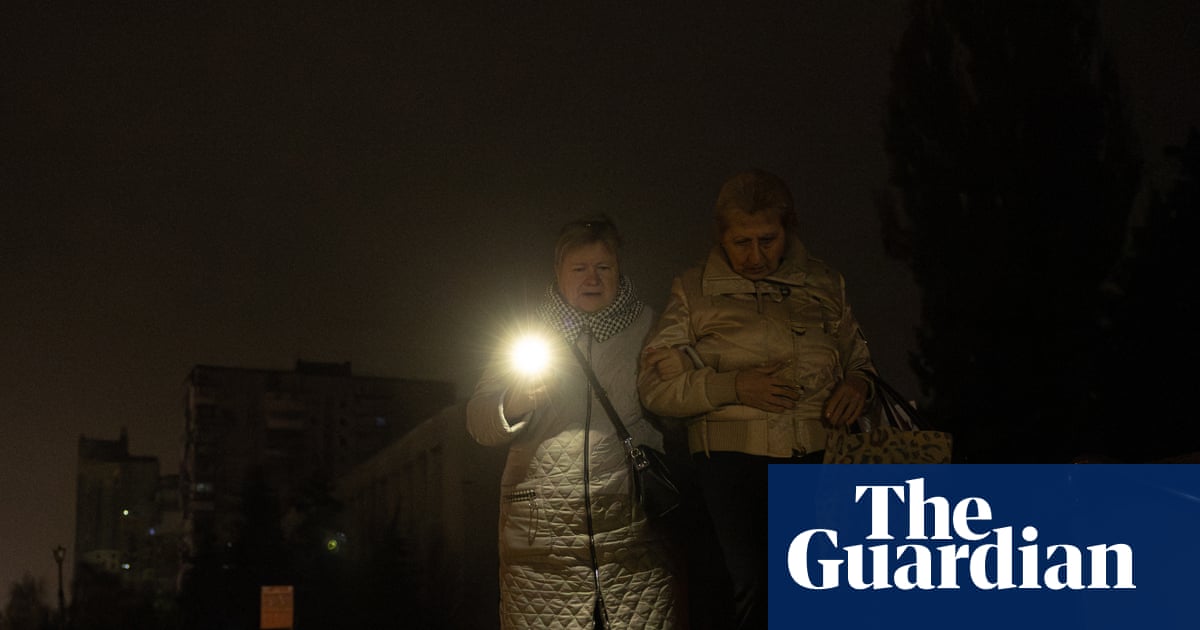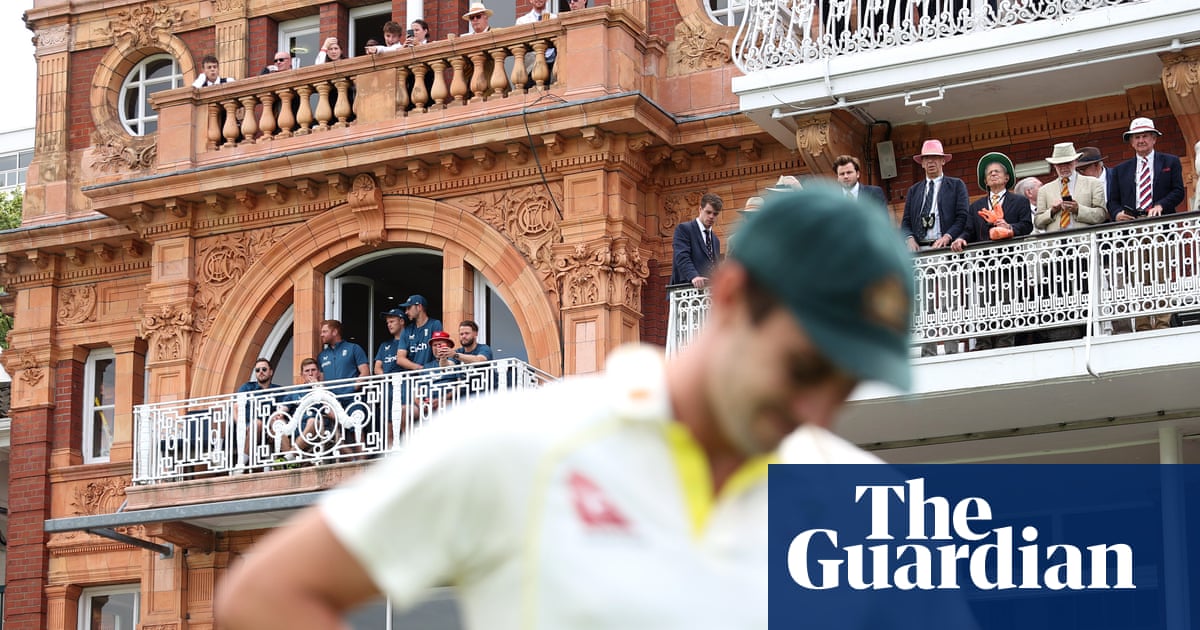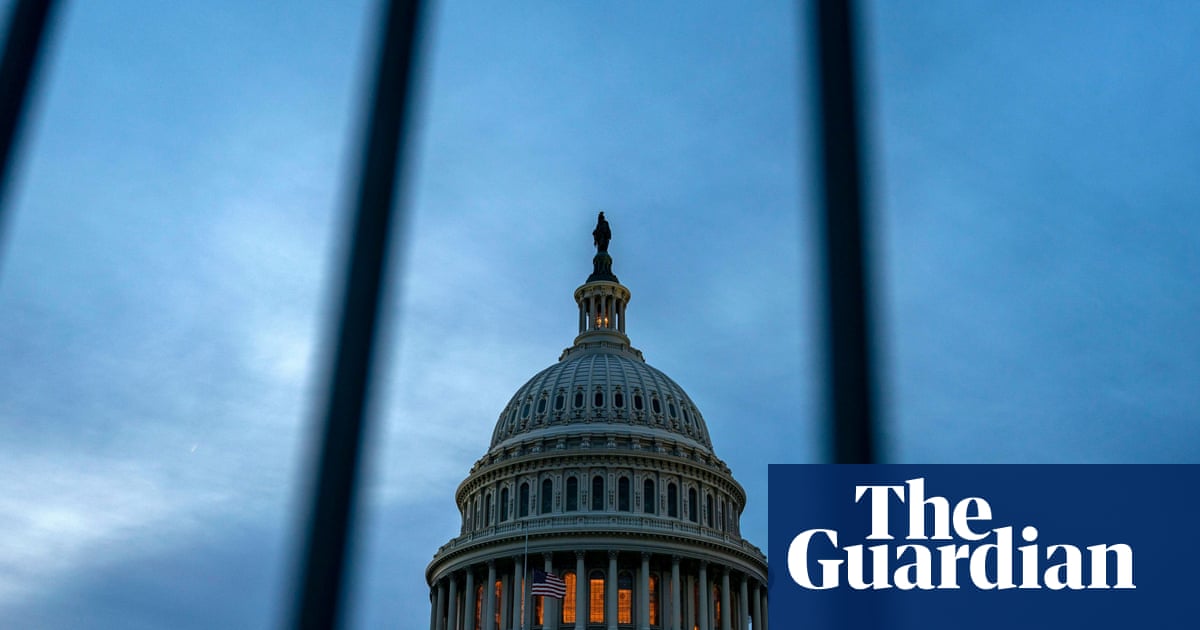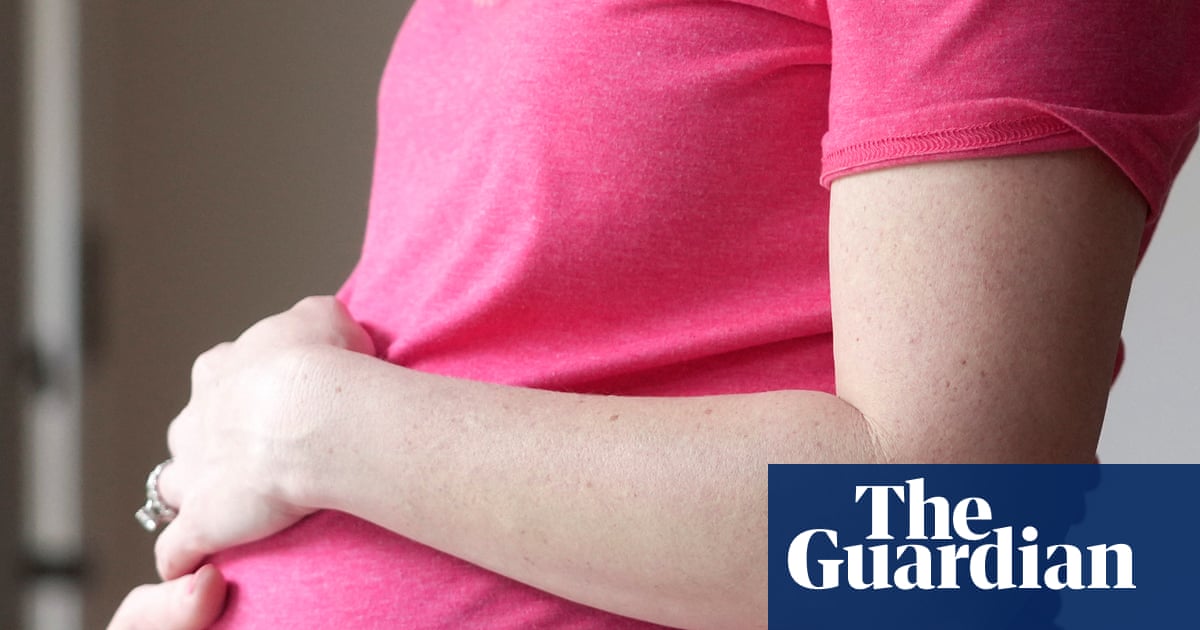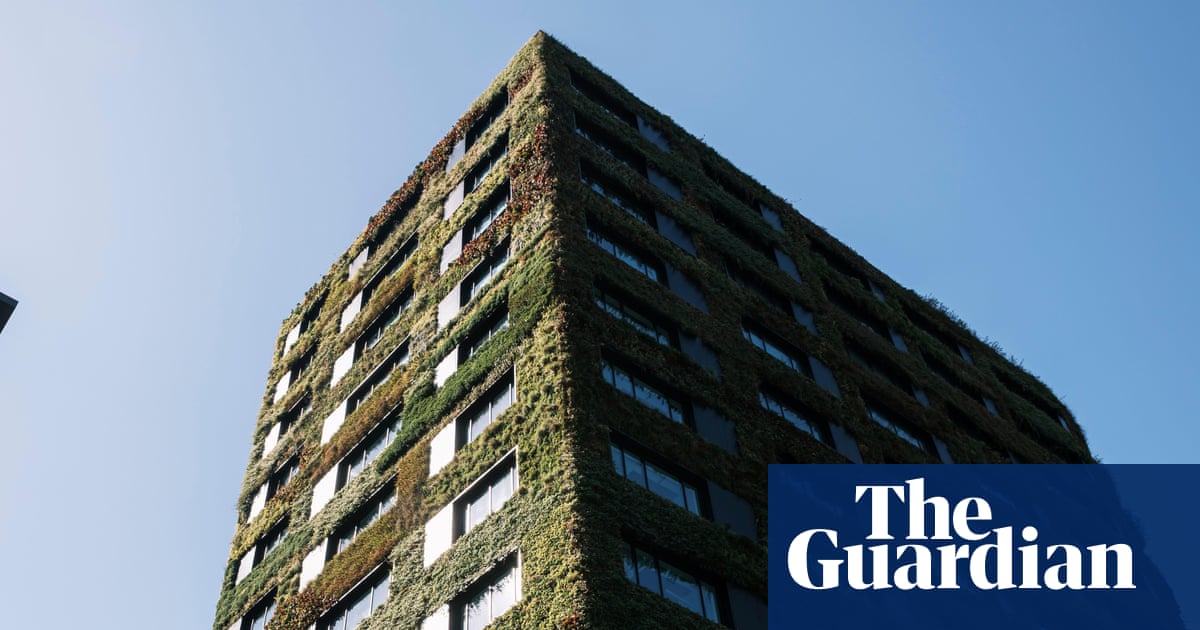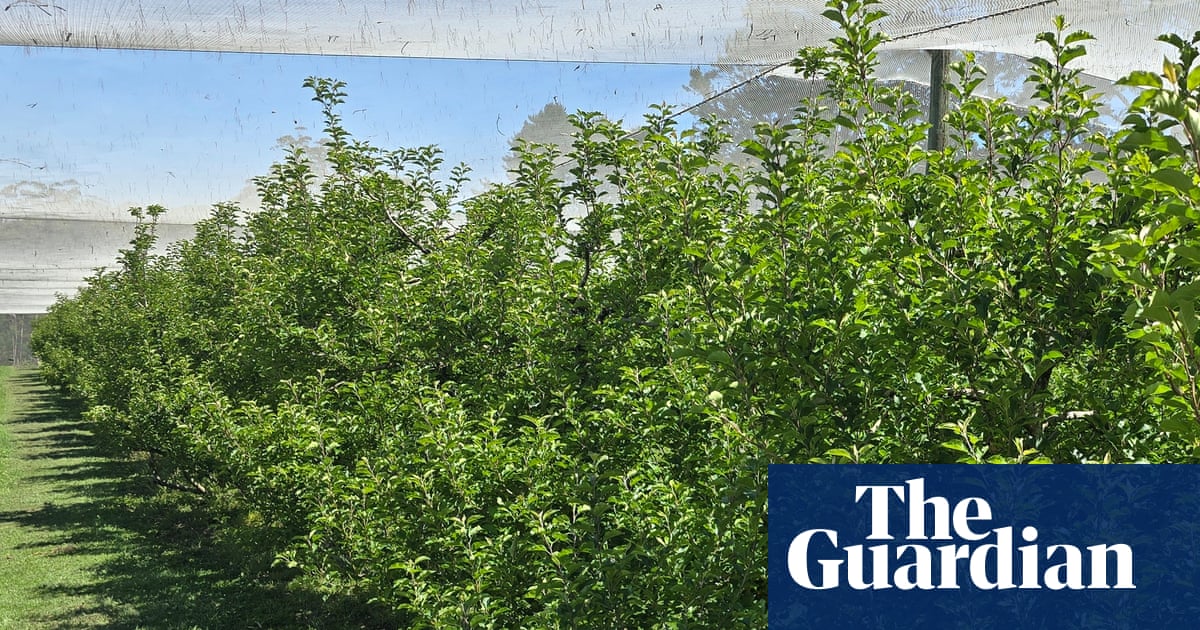The chief executive of the pharmaceutical company Eli Lilly has said the UK is “probably the worst country in Europe” for drug prices, amid a row between the industry and government.
Dave Ricks said that the UK’s strict pricing regime, allowing it to pay less for drugs than other developed countries, means it would miss out on new drugs being rolled out if it did not raise prices and scrap a rebate scheme.
“Unless that changes I don’t think they will see many new medicines and I don’t think they will see much investment,” the boss of the Mounjaro weight loss drugmaker told the Financial Times. “That’s the UK’s choice, but we react to those choices.”
Ricks’s comments come as big pharmaceutical companies have ditched or paused almost £2bn in planned UK investments so far this year, amid a push by Donald Trump for companies to offer comparable medicine prices for Americans as in other countries.
Pharmaceutical companies are pushing for the UK government to restart negotiations over VPAG – the voluntary scheme for branded medicines pricing, access and growth – which was created to keep NHS costs down.
However, the rebate payable by pharmaceutical companies for newer branded drugs rose by almost a quarter this year after NHS spending on such drugs grew much more than expected.
“[We] would like to get rid of the clawback scheme … which charges us for our own success,” Ricks said.
Earlier this month, the US drugmaker MSD, known as Merck in the US, said it would scrap its £1bn London research centre. Two days later, AstraZeneca decided to halt a planned £200m expansion of its research facilities in Cambridge.
Bristol Myers Squibb has threatened not to sell a new schizophrenia drug in the UK.
Combined with a scrapped project by AstraZeneca in Liverpool and a shelved Eli Lilly lab in London – part of a £279m investment package – four projects worth more than £1.8bn have been pulled or paused this year.
In total, decisions over 13 major projects or companies have damaged the UK’s pharma industry since 2022, also including site closures and stock market delistings.
“They say: ‘Well what are you cancelling investments?’” Ricks said. “It is not an attractive environment.”
Last month, Lilly raised the UK price of the popular weight-loss drug Mounjaro by as much as 170% for those who buy it privately.
“What we had seen is people taking trains from Paris to buy UK Mounjaro,” he said. “That doesn’t make a tonne of sense for us.”
after newsletter promotion
Earlier this week, Lilly – which is valued at more than $700bn (£519bn) on the stock market – announced it would invest in a $6.5bn manufacturing facility in Houston.
Ricks said the timing of the investment was not linked to President Trump’s 29 September deadline for pharmaceutical companies to make “binding commitments” to lower the country’s drug prices.
Donald Trump has been calling for US drug prices to be cut to the levels paid in many other developed countries, a move the industry has opposed.
“Is it the justice department [that would” come to litigate us [if a deal is not reached]? Maybe,” Ricks said. “Is it the [Food and Drug Administration] will stop approving drugs? Maybe.”
On Monday, Trump reiterated his calls for lower drug prices, citing “the fat drug” that can cost more than $1,000 in the US.
“I have a lot of friends. They are fat,” Trump said. “They pay $1,300, $1,200 and they go to London and they pay $88 … We are subsidising the rest of the world.”

 1 month ago
48
1 month ago
48
